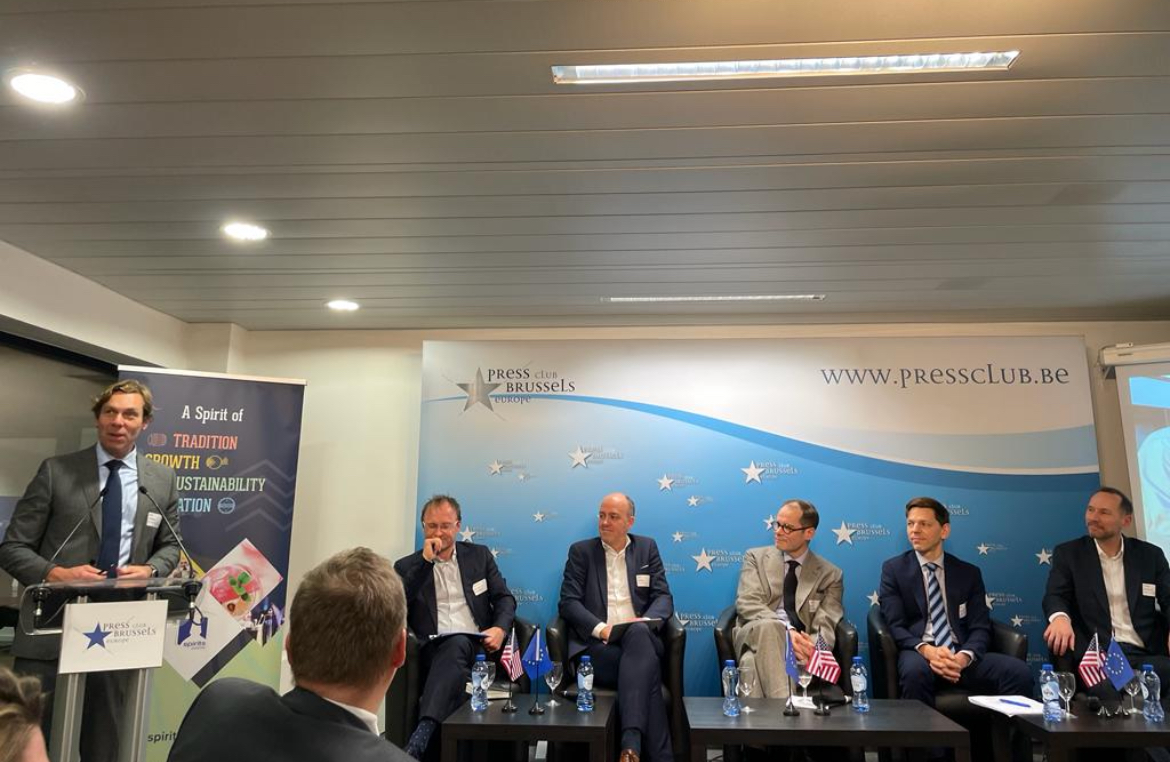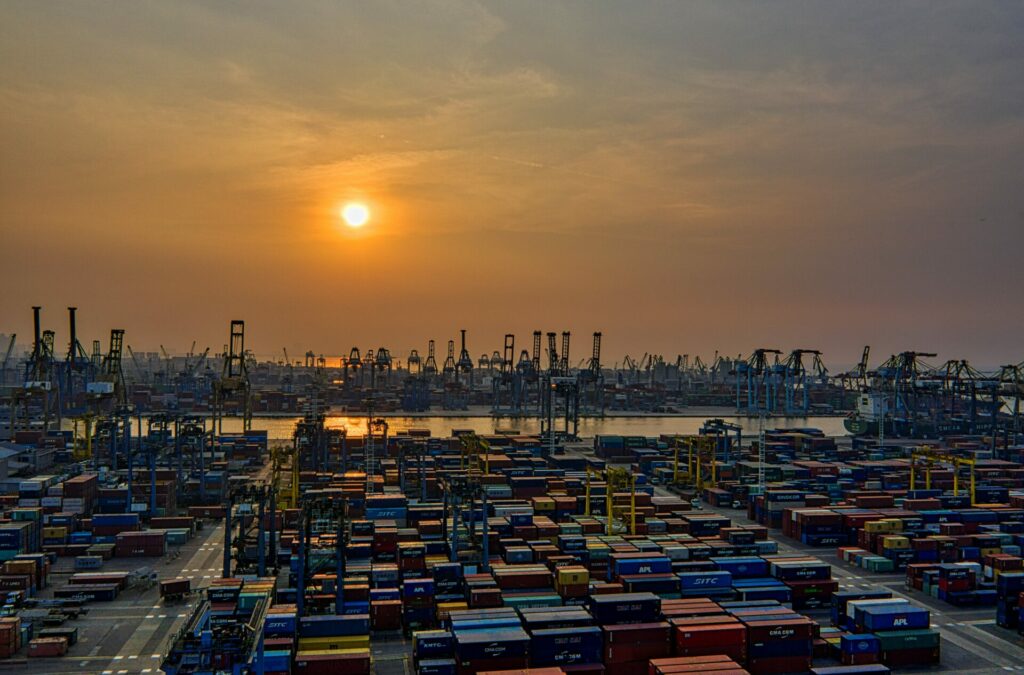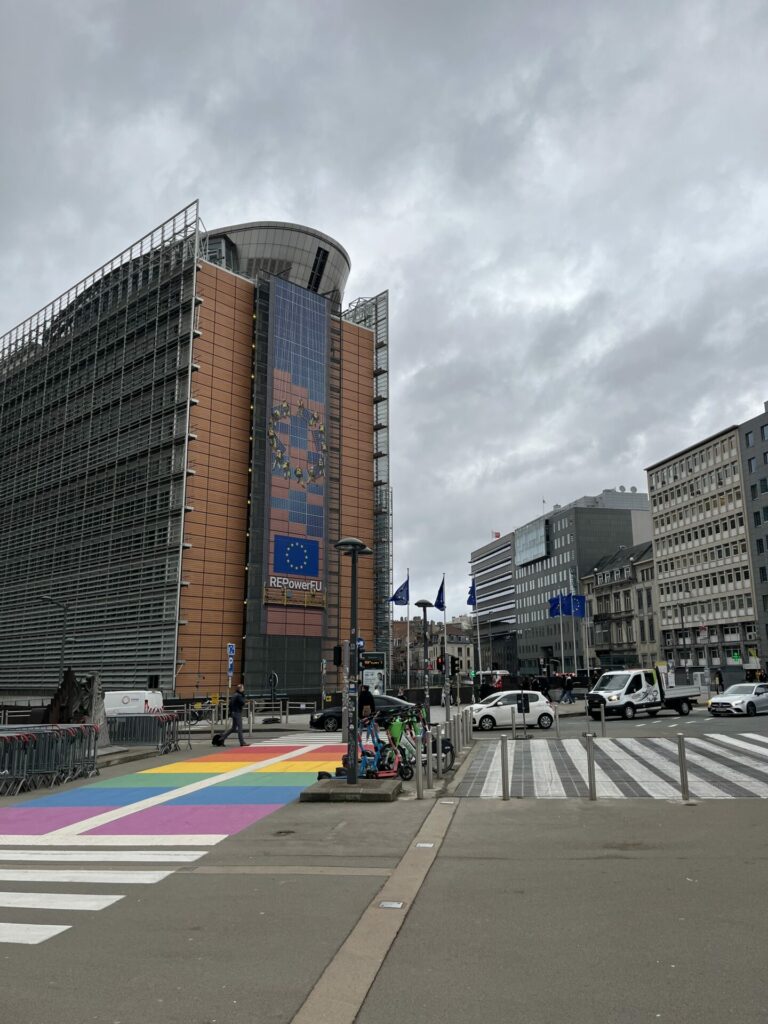The late Jacques Delors stated that no one falls in love with the Single Market yet his fellow architect of the initiative, the British Conservative Lord Arthur Cockfield, underlined the power and attraction of openness and transparency in achieving a worthy goal.
He also championed the crucial nature of “mutual recognition” of standards and requirements in creating a level playing field from which all businesses and citizens could benefit.
Love for the Single Market was also expressed by arch Eurosceptic and former UK prime minister Margaret Thatcher. The late premier was a fan of a single market without visible or invisible barriers given businesses unfettered access to millions of rich consumers.
A new focus for the European elections
With elections coming up it is important that the EU's biggest success story receives the attention - if not the love - that it deserves. Meddling in the form of financial assistance by EU Member States is currently undermining the whole project.
This distorts competition, prevents market forces from working efficiently, and unfairly favours specific industries, companies, and regions. Furthermore, this amounts to a misallocation of resources that can hinder overall economic growth and innovation. State aid also places a burden on taxpayers who do not directly benefit from the subsidized activities, while making businesses reliant on government subsidies. In short, state aid is undermining the internal market.
Going further, the EU is increasingly picking winners as it adopts a dirigiste industrial policy that will negatively impact companies and consumers. The EU’s interventionist strategy is distorting market forces by favoring certain industries and companies over others. This is leading to inefficiencies and hindering the natural process of innovation and competition. The picking of winners and losers is also increasingly based on political considerations rather than economic viability, and leads to unintended consequences like stifling entrepreneurship and innovation.
Time to step away from protectionism and isolationism
In addition to state aid, protectionism and isolationism are equally dangerous within the EU as well as vis-à-vis international partners. The Single Market needs to be highlighted in the EU’s trade relations with major global players like the United States, China, and emerging economies. Access to the Single Market is a glittering prize as well as a huge bargaining chip in creating trade deals and should be seen as such. Instead, however, we are witnessing the rise of a Fortress Europe - characterised by isolationism, increased barriers with international partners (including the Global South) and a move away from global supply chains. It is vital that this reality - coupled with a reduced focus on completing free trade agreements (FTA) - is recognised and addressed for the good of the future development and growth of the European Union. Despite scaremongering to the contrary, FTAs greatly benefit EU nations. By way of an example, French agri-food exports to Canada rose by 47% between 2017 and 2022.
Following the elections in June of this year, the new European Parliament and Commission will need to take a leadership position and actively protect the Single Market. This will mean having the energy and adopting the political will to take it forward while also ensuring that backsliding is avoided: standing up to recalcitrant Member States and being the guardian of the Single Market. Practically this will also mean promoting more digital solutions while preventing unilateral measures from EU Member States.
It is vital that decision-makers listen to the voice of industry and seek their input in order to better understand the real life problems that companies are facing on the ground in terms of barriers to the proper functioning of the EU Single Market. The business community has consistently come up with specific recommendations to the European Commission but nothing has happened. Now is the time to act and instigate proper dialogue and co-creation of policy with industry, rather than consultation being purely a byword for ineffectual box-ticking.
The opportunity cost of non-completion
The need for action is heightened by the fact that Europe is falling behind on the global stage. By way of an example, International Monetary Fund (IMF) figures show that US GDP growth was 2.1% last year. This vastly outperformed the Euro area, where growth was just 0.7%. This trend is set to remain for 2024 and the EU needs to take urgent steps or risk becoming a museum rather than a fulcrum for competitiveness, innovation and growth.
While passion for the EU Single Market may be in short supply, more recognition of the vital role that it currently plays and should fulfill are needed. EU figures state that completing the Single Market would trigger economic gains totaling up to EUR 1.1 trillion per year (almost 9% of EU GDP) as well as also create at least 7.5 million jobs by 2030. This represents huge untapped potential: what’s not to love.
Promoted by spiritsEUROPE



